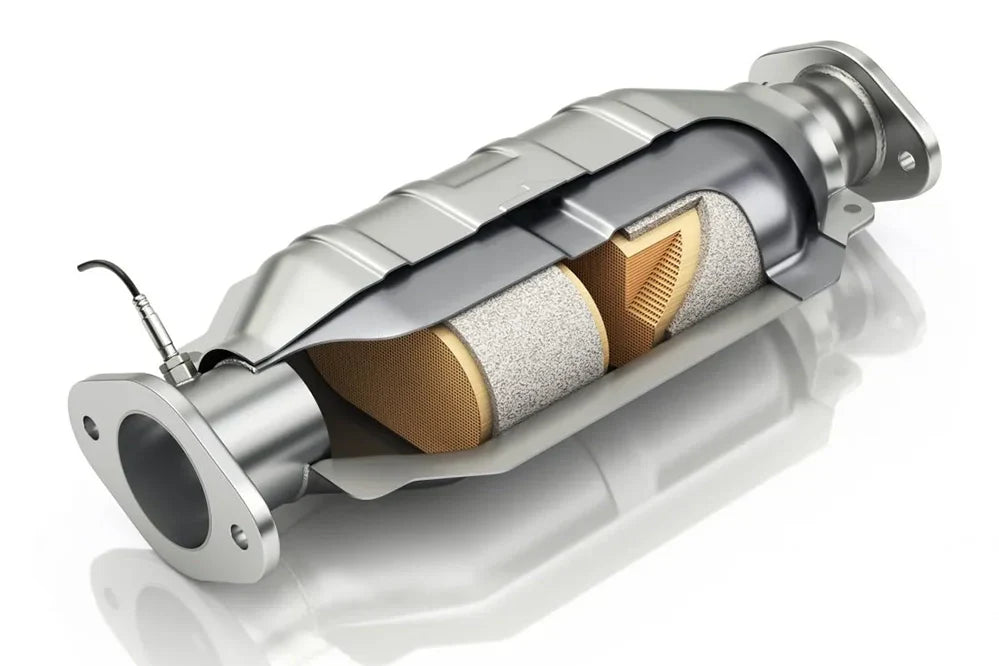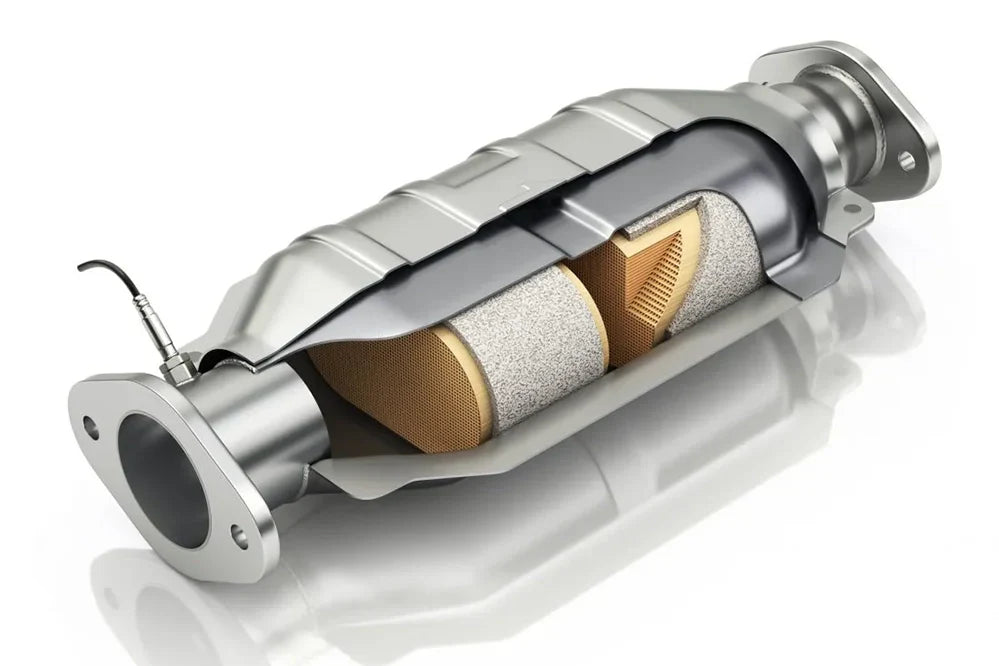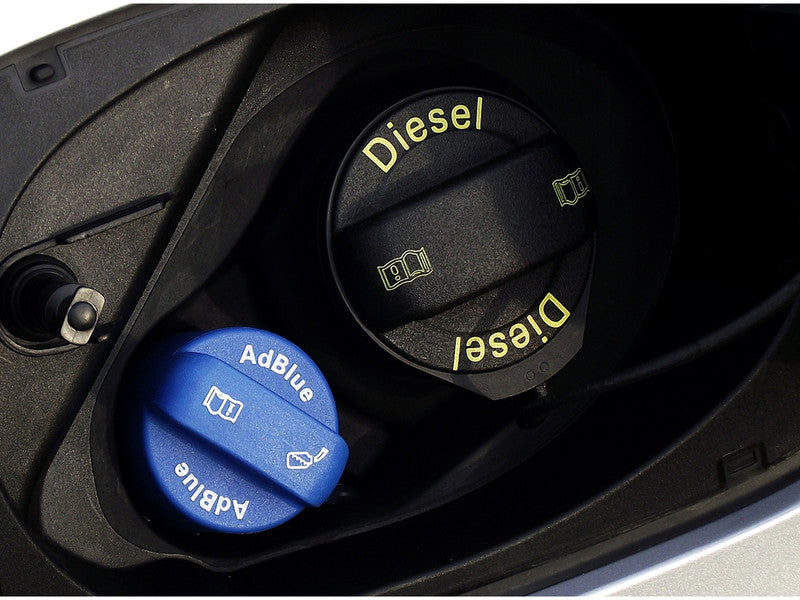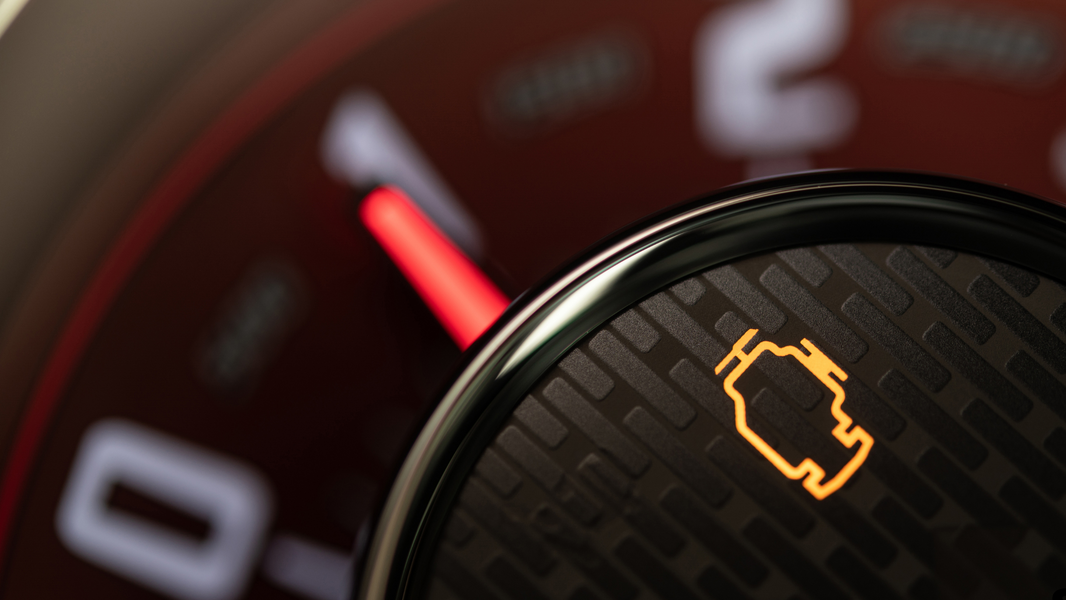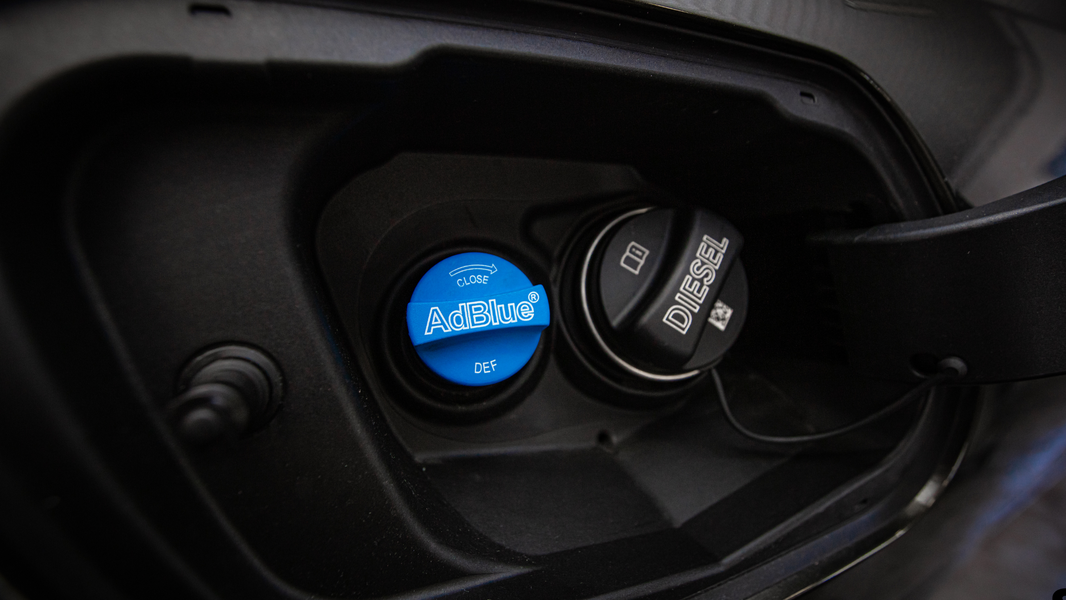The Diesel Particulate Filter (DPF) is a critical component in modern diesel engines, designed to reduce harmful emissions by capturing and burning off soot and particulates. Some vehicle owners consider removing or disabling the DPF to avoid maintenance issues or improve performance, but doing so comes with serious risks:
-
Illegal and Costly Consequences – In many countries, removing or disabling the DPF is illegal. Fines, failed inspections, and even vehicle impoundment can result from non-compliance with emissions regulations.
-
Increased Pollution – The DPF significantly reduces harmful particulate emissions that contribute to air pollution and respiratory diseases. Removing it increases black smoke emissions, harming both the environment and public health.
-
Engine Performance Issues – Modern diesel engines are designed to work with the DPF system. Disabling it can lead to poor combustion, excessive smoke, and reduced fuel efficiency, ultimately increasing operating costs.
-
Higher Risk of Mechanical Damage – Without a DPF, excess soot can clog the exhaust system, turbocharger, and EGR valve, leading to expensive repairs and reduced engine lifespan.
-
Resale and Warranty Problems – Vehicles without a functioning DPF may fail emissions tests, making them illegal to drive in some areas. Additionally, manufacturers may void warranties if the system has been tampered with.
Instead of disabling the DPF, regular maintenance, proper driving habits, and professional cleaning solutions can keep the system running efficiently. Keeping your DPF functional ensures compliance, better engine performance, and a healthier environment.
